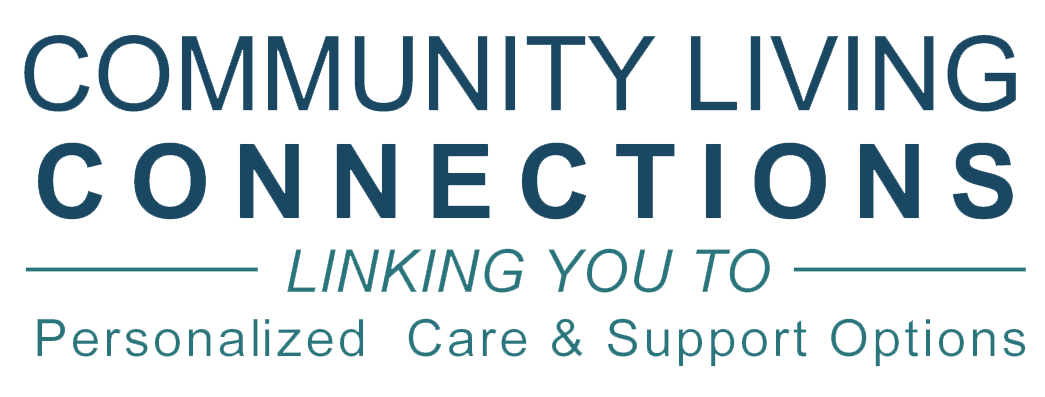Put a Plan in Place
Plan ahead in case you’re not able to choose your own medical treatment. This planning should be comprehensive and ongoing. It needs to include your family and friends as well as your health care representative and providers. Planning should reflect your personal values and beliefs. It needs to be flexible if conditions change.
Consider the following:
- Communication — Make this the first step. It is critical to think through what your options and choices and then discussing them with your family and others. This can be difficult and emotional. However, communicating your wishes ahead of time decreases your family’s burden and the chance of future conflict.
- Values and beliefs — Consider your concerns, values, spiritual beliefs or views.
- Preferences — Most people have ideas about how they wish to face death and/or disability. However, they may be uncomfortable discussing them. It can help to talk to someone you trust about your ideas or ask about their experiences.
- Health care representative — Decide who you will appoint as your health care representative/decision maker. Select someone you believe respects your values, beliefs and wishes about care. He or she should be able to carry out your wishes, even if they include denying treatment to keep you alive.
- Help with planning — Various professionals can help you create an advance directive. Examples include lawyers, social workers and members of the clergy.
Planning Resources:
- Planning for Long-Term Care – Your Resource Guide, 2010 by AARP
- The Financing Long Term Care Resource Center, sponsored by the University of Minnesota Extension Office and developed by Marlene S. Stum, PhD., University of Minnesota, has a webpage titled, Creating Your Plan with information and tools to help you understand your own preferences about who should be responsible for your long term service and support needs – they can help you construct a plan that matches your ideals.
- Resources to help you plan ahead for end-of-life, can be found through Caring Connections, a program of the National Hospice and Palliative Care Organization (NHPCO), a national consumer and community engagement initiative to improve care at the end of life.
Connect with Your Local CLC.
Washington’s Community Living Connections staff are available to help you explore your options to meet your current needs or create a plan for the future.Connect now




